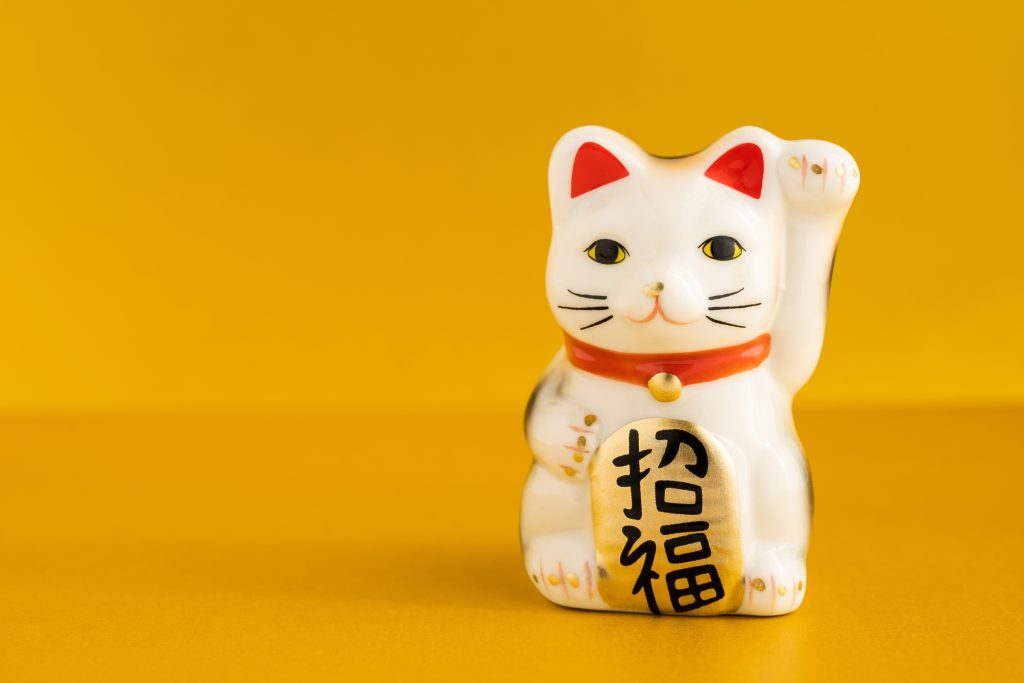Summer holidays are almost over and most of us have enjoyed a time to breathe, restore and refresh. The roads were free of stressed drivers doing the school run or hurrying to sport training. When we’re not in such a rush, we tend to notice things and see them with fresh eyes. I was fortunate to spend two weeks in Japan, a place where I’d lived and worked many decades ago. Aside from tons of delicious sushi and gorgeous countryside, I enjoyed noticing how Japan does things differently.
Here’s what I learned from my travels.
The little things matter
With a population of 125 million in a few small islands, you’d think that mass market homogeneity is the easiest path. Instead I found that society had taken time to adapt and consider individual needs in a way that demonstrated a genuine care and empathy. For example, the ladies bathrooms in public places had hooks in the right places for handbags and a door handle that converted to a flat stand for your phone. Even better, each cubicle had a little highchair built into the corner where you could safely stash a baby or toddler. It showed a willingness to understand the customer and adapt to their needs. How much time do you spend getting to really know your corporate prospect? Or do you simply make assumptions about their needs and deliver something vanilla.
Renewal and resilience
Tokyo has been completely destroyed and rebuilt at least three times. Earthquake, fire and war have flattened the city and each time it has been built again and improved. The Japanese government has carefully preserved the essence of history and culture, such as ancient temples, but have not been afraid to embrace new technology or thinking. This means that Tokyo is no longer a sleepy fishing village but a 21st century metropolis. Your corporate partners will change and renew over time. You will need to build resilience to weather the changes and be prepared to shift and innovate for the future.
Relationships will last if they’re nurtured
I had the joy of reuniting with a friend that I’d worked with over 30 years ago. We’d kept in touch through letters, messages and Christmas cards but hadn’t met face to face. Over a juicy Wagyu burger we picked up where we’d left off. It doesn’t take a lot of effort to nurture a relationship. Your corporate partner doesn’t need red roses and champagne every week to keep the partnership alive. But regular check-ins, invitations to events or simply a quick call can be all that’s needed to maintain the relationship. You can’t grow the opportunity if you’ve let the contact dry up or you just call them when you need more money.
Culture of collaboration
We know that corporate partnerships take a whole of organisation effort, so there needs to be a culture of collaboration to support them. Tokyo is a city of 37 million people. Rush hour in the subway is something to behold. Instead of a feral, winner takes all approach to travel, there is a culture of collaboration and consideration of others. Each train carriage has a painted line on the platform where people queue patiently and wait for others to get off. Inside the train there is quiet, as passengers don’t want to disturb others with noisy music or loud conversation on their phones. There is no litter, despite a scarcity of trash bins, because people take it home with the rather than spoil the environment for others. A culture where the community considers the needs of others means higher standards and a better experience for everyone. When we all collaborate and bring our best selves to the effort it will be transformational.
Embrace innovation
Japan is famous for its high end technology and you can buy almost anything from a vending machine. At the local ramen restaurant a robot waiter helped to clear the plates and keep things tidy. If you’d like to sustain your corporate partnerships over time, you need to continually innovate. It takes trust in each other and a basic competency to create new ways of working and additional impact. You can’t expect to maintain a partnership over many years without innovation and adaptation. Just like a marriage goes stale if you’re sitting by the TV every night, you need to add some variety and excitement to keep things fresh.
We are here at the start of 2024 with renewed energy and a hunger for new corporate partnerships. Let’s notice what needs to change and apply some fresh eyes to the challenge ahead. As the Japanese say ‘ganbatte ne’ – give it your all.

